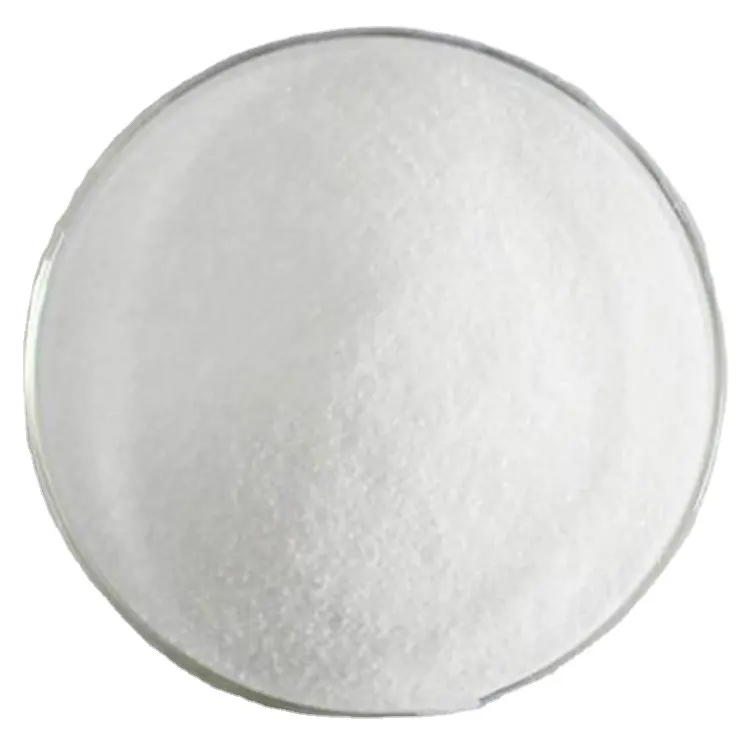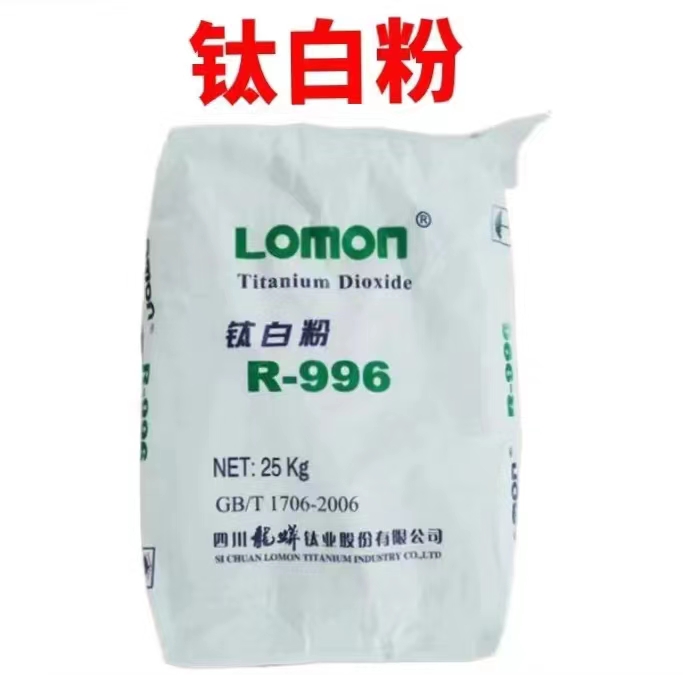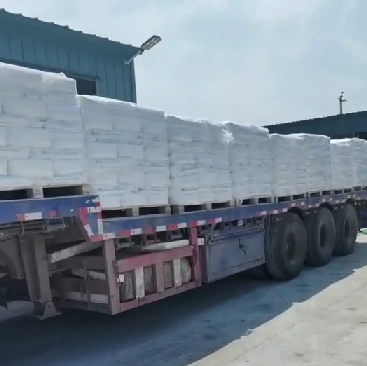
jul . 22, 2025 11:01 Back to list
High-Quality Titanium Dioxide for Pigments & Industrial Applications
Website: https://www.cqtitaniumdioxide.com
Telephone: +860316-5570777
Email: sales01@cqtitaniumdioxide.com
Mobile: +860316-5570777
Address: Jindi Industrial Park, Dacheng County, Langfang City, Hebei Province



China Factory Supply titanium dioxide Lomon R996
- Premium rutile grade, suitable for coatings, plastics, inks and masterbatch.
- Exceptional whiteness, tinting strength and dispersibility.
- Chloride-process for superior weather resistance and high hiding power.
- Consistent with standards titanium dioxide cas 13463-67-7.
- Available in packaging from 25kg to 1000kg jumbo bags.
Industry Overview: Titanium Dioxide and its Modern Evolution
Titanium dioxide (TiO2) is globally acclaimed as an essential white pigment and UV blocker, predominantly used in paints, coatings, plastics, papermaking, inks, food coloring, and even in advanced nanomaterials.
With related formulations such as l titanium dioxide, titanium dioxide t, titanium dioxide ph, titanium dioxide e, titanium dioxide 12, titanium dioxide sa, and specialized application lines including titanium dioxide dye, titanium dioxide co2, titanium dioxide 171, titanium dioxide 298, the compound continues to dominate industry innovation and manufacturing standards.
Modern routes, especially after the adaptation of the sulfate and chloride processes, have greatly enhanced the purity and eco-compliance of titanium dioxide while optimally controlling particle morphology for specialized fields.
Global titanium dioxide Industry Trends
- Expanding use in advanced composites, nano-coatings, and sustainable energy systems.
- Rising demand in food, cosmetics, and medical sectors for ultra-pure grades (e.g., titanium dioxide ph, titanium dioxide e).
- Engineered grades such as titanium dioxide 171, titanium dioxide 298 now serve as functional additives in high-performance applications.
- Heightened regulatory emphasis on ecological impact (source).
Technical Parameters of titanium dioxide
| Parameter | Typical Value (Rutile) | Method/Standard | Relevance |
|---|---|---|---|
| Color Index | White 6 / titanium dioxide 171 | ISO 787/24 | Visual Appearance |
| Purity (TiO2 content) | ≥ 94.5% | ISO 591-1:2000 | Pigment Quality |
| Oil Absorption | 17g/100g | ISO 787-5 | Paint Applicability |
| pH Value | 6.5 - 8.5 | ISO 787-9 | Stability in Mediums (titanium dioxide ph) |
| Specific Gravity | 4.0 - 4.3 g/cm3 | GB/T 5211.3 | Filler Proportioning |
| CAS Number | 13463-67-7 | CAS Registry | International Trade |
| DOP Dispersibility | ≥ 19 | GB/T 5211.13 | Plastic Processing |
| Particle Size (D50) | 0.20 - 0.35 μm | GB/T 21746-2008 | Gloss & Opacity |
| Standard Formulation | titanium dioxide t, l titanium dioxide | GB/T 1706-2006 | Formulation Adaptability |
Technological Advancements: Process & Performance
With the continuous improvement of chloride-route and nano-precipitation technologies, the following innovations define current titanium dioxide production:
- High Purity Processes: The development of l titanium dioxide and titanium dioxide t by controlling hydrolysis, calcination, and post-surface treatment steps has dramatically improved purity and decreased heavy metal impurities (reference).
- Surface Modification: Functional coatings (titanium dioxide sa) enhance UV-resistance and dispersibility, expanding applicability in masterbatches and automotive coatings.
- Eco-efficiency: Development of titanium dioxide co2 reduction processes and closed-loop wash lines (environmental compliance for titanium dioxide ph and titanium dioxide e).
- Special Grades: Titanium dioxide 171/298 offer optimized tint and photostability for esp. high-end paints, inks, and fiber industries.
The leading grades, such as the hot sale tio2 rutile lomon r996, boast exceptional whiteness, tinting power, and chemical resistance—critical metrics for market competitiveness.
Application Scenarios for titanium dioxide
- Paints & Coatings: titanium dioxide is the ideal pigment for emulsion and solvent-based coatings, automotive refinishes, and protective systems.
- Plastics & Masterbatch: Used for opacity, aging stability, and UV resistance—especially as titanium dioxide dye and specialty thermoplastic masterbatches.
- Paper: Enables brilliant whiteness and printopacitance for high-grade industrial/specialty papers.
- Inks & Printing: L titanium dioxide and titanium dioxide t provide color fastness, print clarity, and thermal durability.
- Cosmetic & Pharma (titanium dioxide e, titanium dioxide ph): Utilized in sunscreens, tablets, and edible colorants (complies with titanium dioxide cas).
- Functional Additives: Employed in high-performance glass, ceramics, catalyst supports, and even as an active photo-catalyst for air & water purification.
Data Visualization: titanium dioxide Industry & Product Benchmark
Technical Comparison: hot sale tio2 rutile lomon r996 vs. Standard Grades
| Parameter | lomon r996 (Typical) | Anatase TiO2 | Average Industry Rutile |
|---|---|---|---|
| TiO2 Content (%) | ≥ 94.0 | ≥ 98.0 | ≥ 93.0 |
| Tint reducing power (Reynolds) | ≥ 1850 | 1450 | 1600-1820 |
| Whiteness (CIE L) | 98.2 | 98.5 | 97.2 |
| Oil Absorption (g/100g) | 17 | 23 | 16-20 |
| pH (10% slurry) | 7.2 | 7.6 | 6.5 - 8.8 |
| Residue (325 mesh %) | ≤ 0.02 | ≤ 0.05 | 0.03 |
| Dispersibility (Hegman) | ≥ 6.5 | 5.0 | 5.6 |
Expert Q & A: titanium dioxide Technical Terms
- 1. What is the difference between rutile and anatase titanium dioxide?
- Rutile grade titanium dioxide is more stable, has better weathering and higher hiding power than anatase. Anatase is used where superior whiteness and brilliance is required, but has lower durability in exterior applications.
- 2. What is titanium dioxide CAS 13463-67-7 and why is it important?
- CAS 13463-67-7 uniquely identifies titanium dioxide for international trade and regulatory compliance, ensuring product traceability for buyers and safety data sheets (PubChem).
- 3. What does titanium dioxide ph mean in pigment selection?
- titanium dioxide ph refers to the pH value of a dispersed aqueous suspension, affecting pigment compatibility and stability in different paint or polymer systems.
- 4. How does l titanium dioxide differ from titanium dioxide t?
- Both are specialty grades; "l" refers to products with extra low impurity for food and pharmaceutical use, "t" focuses on fine particle size and high tinting strength for coatings, inks, and plastics.
- 5. What is the purpose of titanium dioxide dye?
- It's used as a white pigment base in colored masterbatch, giving high opacity and UV resistance for coloring polymers while maintaining brightness.
- 6. What installation or process standards apply to titanium dioxide in manufacturing?
- Main standards include GB/T 1706-2006 (China), ISO 591-1, ASTM D476—defining purity, particle size, undertone, and color index classifications.
- 7. What is ttk titanium dioxide?
- TTK is a proprietary or regional grade reference, typically indicating enhanced surface treatment or particle control, suitable for demanding plastic or paint applications.
Conclusion: Driving Innovation with titanium dioxide
As a globally recognized pigment, titanium dioxide continues to evolve through advanced material engineering, stringent regulatory compliance, and sustainable manufacturing practices. Hebei Caiqing New Material Technology Co., LTD acts as a leading supplier, delivering hot sale tio2 rutile lomon r996 with performance trusted by coatings, plastics, inks, and more.
For further technical standards, market trends, and research on titanium dioxide, please refer to:
- ScienceDirect: Titanium Dioxide Overview
- MDPI Nanomaterials Forum – TiO2 in Nanotechnology
- ResearchGate: Titanium Dioxide Discussions & Applications
This is the last article
-
High-Quality Titanium Dioxide for Pigments & Industrial Applications
NewsJul.22,2025
-
Premium Titanium Dioxide E Grade | Bright & Cost-Effective
NewsJul.21,2025
-
Premium Titania TiO2 Supplier & Manufacturer | Buy Online
NewsJul.20,2025
-
High Quality China Black Iron Oxide Powder Supplier Competitive Price & Fast Delivery
NewsJul.08,2025
-
High Quality Titanium Dioxide Used in Rubber – Trusted Supplier & Factory Price
NewsJul.08,2025
-
High Purity Barium Sulfate Particle Size - Wholesale Manufacturer from China
NewsJul.07,2025
